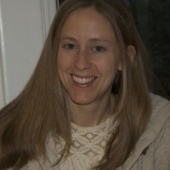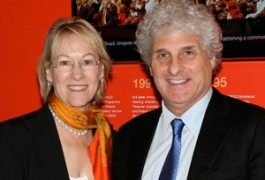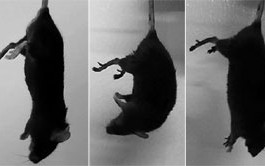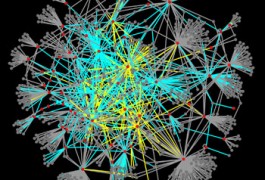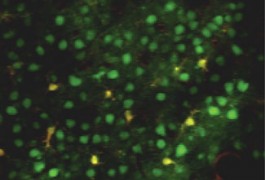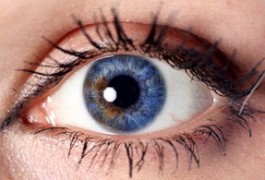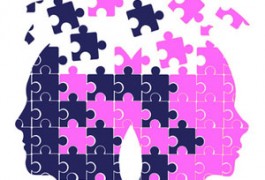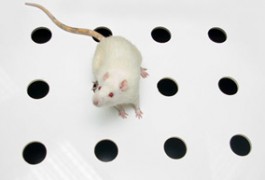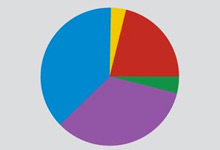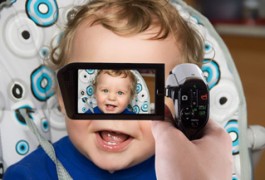Triage may help speed up autism diagnosis, researchers say
The search for rapid autism diagnosis has been elusive so far. Several researchers are instead looking for ways to prioritize the assessment of children at risk for the disorder, quickly establishing a diagnosis when it’s clear-cut and referring more complex cases for in-depth evaluation.
